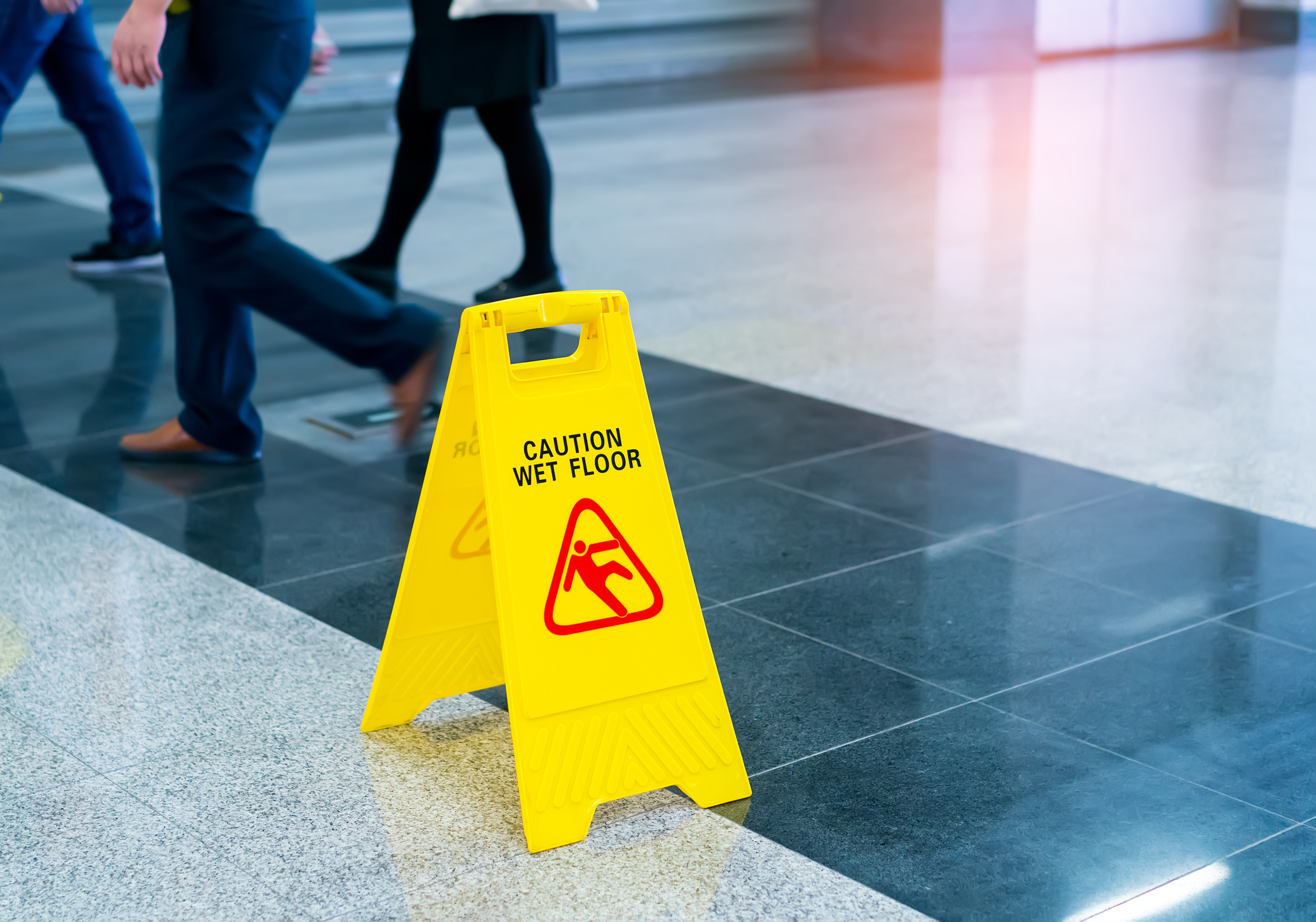5 Risk Management Issues to Avoid During Peak Retail Season
It’s that time of year again. As retailers rapidly onboard seasonal help in preparation for the onslaught of consumer traffic, the potential for mistakes can increase. We break down the basics of mitigating additional risks.
October 9, 2023

While online sales continue to increase each year, additional foot traffic during the holiday season in retail operations is always expected. Companies invest significant time and money to prepare, with some starting the process as early as the first quarter.
“Aside from post-COVID disinfecting and distancing precautions, most of the standard principles surrounding seasonal risks remain unchanged,” said Don Enke, Vice President – Risk Services at Safety National. “However, additional risks like increased public violence and a long-term shortage of available employees can create major obstacles in maintaining safety program goals, so it is increasingly critical for all stakeholders to provide consistent training and messaging to workers.”
Here are five fundamental risk prevention tactics that all retailers may want to have on their radar throughout this peak holiday season.
1. Stop thinking that seasonal employees need less training than full-time workers.
A shortage of help may leave many employers with little hiring options, taking whatever help they can get. This makes it even more critical that newly hired employees are put through an organization’s standard complete training methods, regardless of how long they will be employed. Additionally, companies need to ensure that they are avoiding any language barriers with seasonal employees, so investing in bilingual materials and managers can greatly assist these efforts.
2. Eliminate clutter and disorganization.
While developing impressive and eye-catching holiday displays, employees can become distracted by stocking or assisting customers and forget to clean up. This can also apply to warehouses with packaging materials and storage. Establishing the mentality of “if you see it, you own it” can go a long way in accident prevention.
3. Avoid taking shortcuts because you are busy.
Saving time may seem helpful, but it can lead to serious accidents or injuries. Supervisors and managers should instill a “doing things right” culture instead of doing them fast. Also, near misses typically go unreported, so encouraging employees to communicate them when they occur can protect the rest of the team. This helps everyone understand behaviors to avoid.
4. Stop encouraging overworking.
When your staff is overworked, is there actually better output? In a study by Erin Reid, a professor at Boston University’s Questrom School of Business, managers could not tell the difference between employees who actually worked 80 hours a week and those who just pretended to work 80 hours a week. Additionally, her research found no evidence that those “pretender” employees accomplished less or that the overworked employees accomplished more. Other studies have noted the health problems that can occur through the stress of overwork, showing up as turnover and absenteeism. Employees scheduled for long hours will naturally be fatigued, and exhaustion is likely to lead to mistakes or injuries. Injuries can be prevented by ensuring that employees are not working double shifts and are scheduled appropriately to allow for breaks.
5. Do not relax safety audits and inspections during the busy season.
Following an audit, supervisors should create a report with recommended actions and prioritize items that need immediate attention. Retail teams should continue hazard prevention by maintaining swept floors, checking for damaged flooring or carpeting, and correcting any blocked exits or aisle ways. Damaged carpets or flooring should be replaced as soon as possible, and customer traffic should be limited in these areas until fixed.
For more expertise, guidance or resources on this topic, please contact [email protected].

























